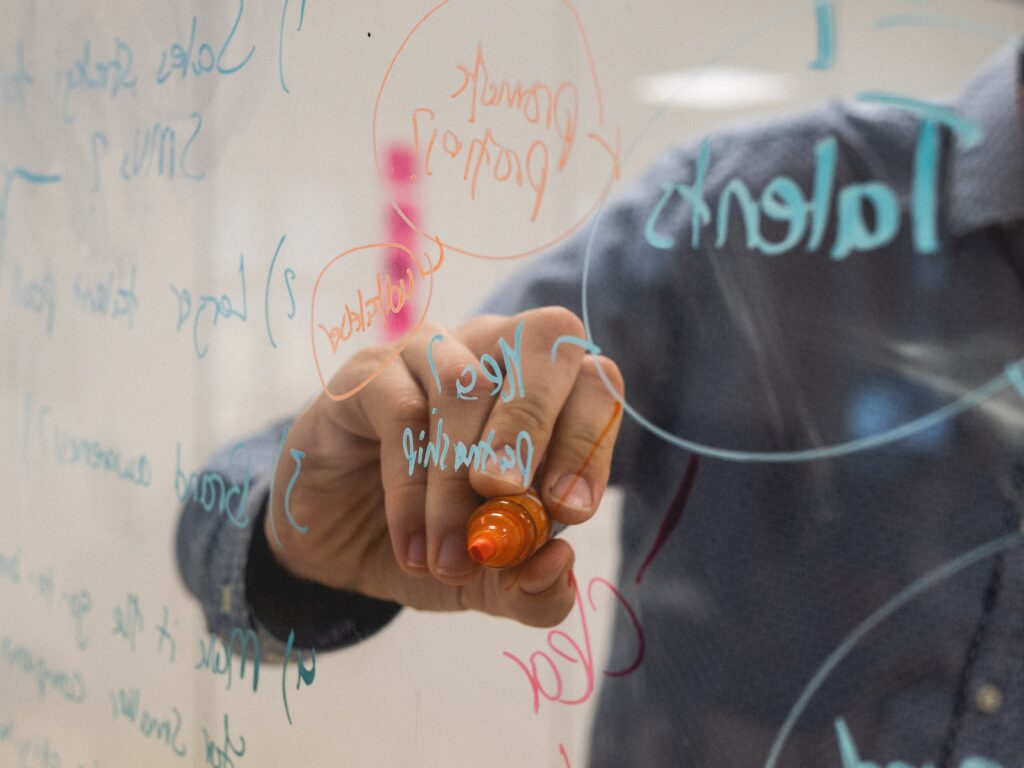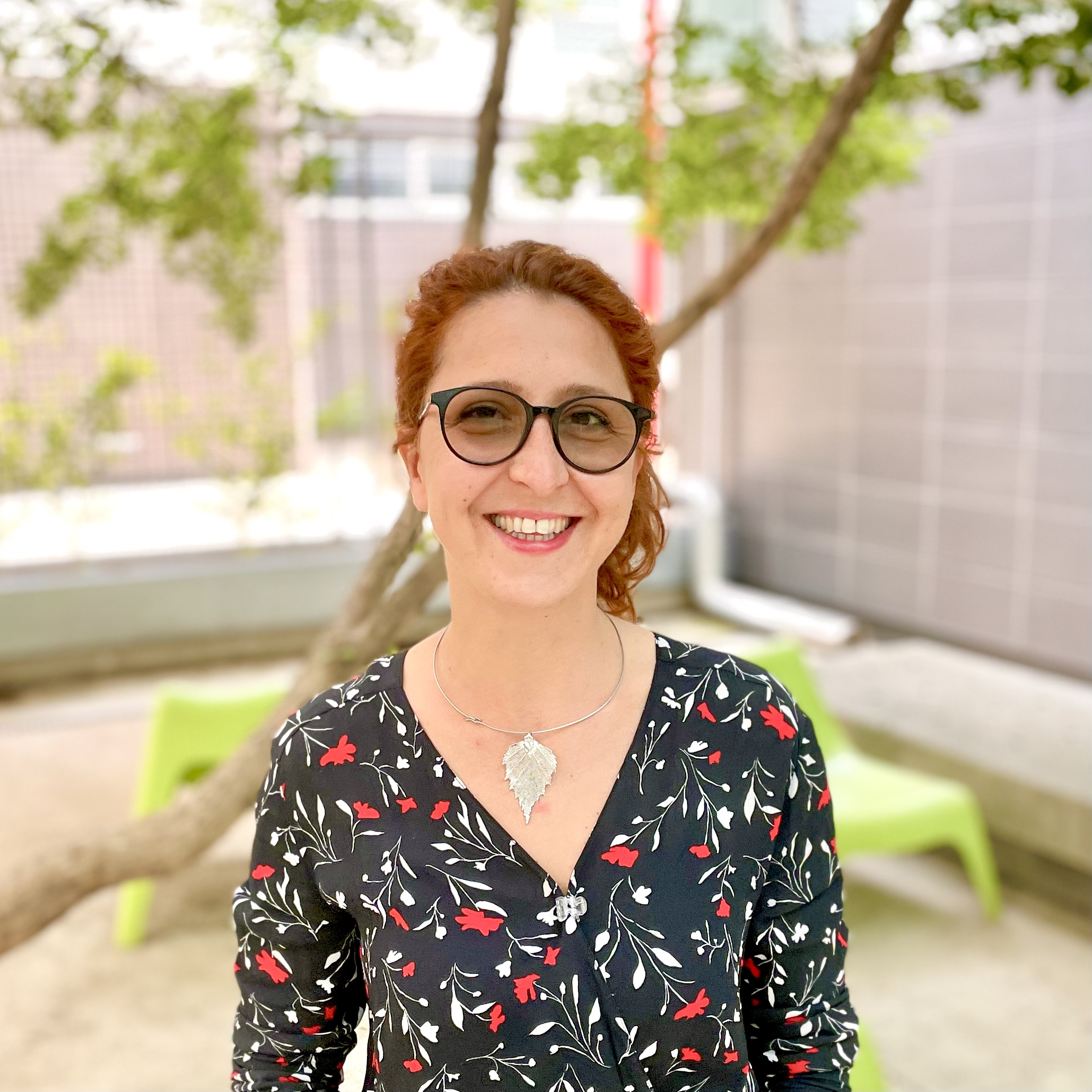
Irene Bengo
Associate Professor
Irene Bengo, Ph.D. in Management Engineering, is an Associate Professor at the Department of Management Engineering at the Politecnico di Milano. She is the scientific coordinator of TIRESIA, a research group of the Department of Management and Engineering, and she teaches the course “Sustainable and Social Innovation Lab” and “Economics and Business Organization (EOA)”.
Her research focuses on social and innovative approaches, practices, and management tools for hybrid organizations, impact finance, and public-private partnerships. She is an expert in impact measurement and management. Professor Bengo is the coordinator of many national and international projects in collaboration with universities, public and private institutions, and she is a member of the scientific committee of “Social Value Network”.
In 2015 she was a consultant on gender integration process assessment systems (Ministry of Labor). In 2014 she was a member of the ” Social Impact Investment Task Force” established by the G8. In 2012 and 2018 she was National Consultant of UNIDO on social business and performance measurement systems.
She was awarded “heroine of human rights” 2012 by the Association for Human Rights and Tolerance for her activities in water management and the creation of local social businesses in Congo and Colombia. She was the founder of Engineering Without Borders Milan in 2004, and since 2009 she has been the voluntary president of the association.
Publications
- Bengo, I., Boni, L., Sancino, A. (2022). EU financial regulations and social impact measurement practices: A comprehensive framework on finance for sustainable development. Corporate Social Responsibility and Environmental Management
- Gerli, F., Chiodo, V., Bengo, I. (2021). Technology Transfer for Social Entrepreneurship: Designing Problem-Oriented Innovation Ecosystems. SUSTAINABILITY, 13(20), 1-19
- Bengo I., Borrello A., Chiodo V. (2021). Preserving the integrity of social impact investing: Towards a distinctive implementation strategy. SUSTAINABILITY, 13,1-19
- Bengo*, I., & Arena, M. (2019). The relationship between small and medium-sized social enterprises and banks. International Journal of Productivity and Performance Management, 68(2), 389-406.
- Al Taji, F. N. A., & Bengo, I. (2019). The Distinctive Managerial Challenges of Hybrid Organizations: Which Skills are Required? Journal of Social Entrepreneurship, 10(3), 328-345.
- Bengo*, I. (2018). Debate: Impact measurement and social public procurement. Public Money & Management, 38(5), 391-392
- Arena, M., Bengo*, I., Calderini, M., & Chiodo, V. (2018). Unlocking finance for social tech start- ups: Is there a new opportunity space? Technological Forecasting And Social Change, 127, 154- 165
- Bengo*, I., & Calderini, M. (2016). New development: Are social impact bonds (SIBs) viable in Italy? A new roadmap. Public Money & Management, 36(4), 303-306.
- Arena, M., Bengo, I., Calderini, M., & Chiodo, V. (2016). Social Impact Bonds: Blockbuster or Flash in a Pan? International Journal of Public Administration, 1-13.
- Bengo*, I., Arena, M., Azzone, G., Calderini, M. (2016). Indicators and metrics for social business: a review of current approaches. Journal of Social Entrepreneurship, 1 (2), 1-24.
- Arena, M., Azzone, G., Bengo*, I (2015). Performance measurement for Social Enterprises. VOLUNTAS, 26(2), 649-672
- Arena, M., Bengo, I., Calderini, M., & Chiodo, V. (2015). Social Impact Bonds: New Finance or New Procurement. ACRN Oxford Journal of Finance and Risk Perspectives, 4(4), 168-189.
- Zubiani, E.M., Cristiani, C., Dotelli, G., Gallo Stampino, P., Pelosato, M., Bengo, I., Masi, M.
(2013). Polymers modified clays for separating rare earths from WEEE, Environmental Engineering and Management Journal, No. S11, Supplement, 23-26 - Bengo, I., Mereu, R., Ramírez, C., Silva, J. (2010). Participative Methodology for Local Development: The Contribution of Engineers Without Borders from Italy and Colombia: Towards the Improvement of Water Quality in Vulnerable Communities, Systemic Practice and Action Research, 24(1), 45-66.
- Arena, M., Azzone, G., Bengo, I., Duque Ciceri, N., Garretti, M., Terzi, S. (2009). A State-of-the-art of Industrial Sustainability: Definitions, Tools Metrics, International Journal of Product Lifecycle, 4(1-3), 207-251.



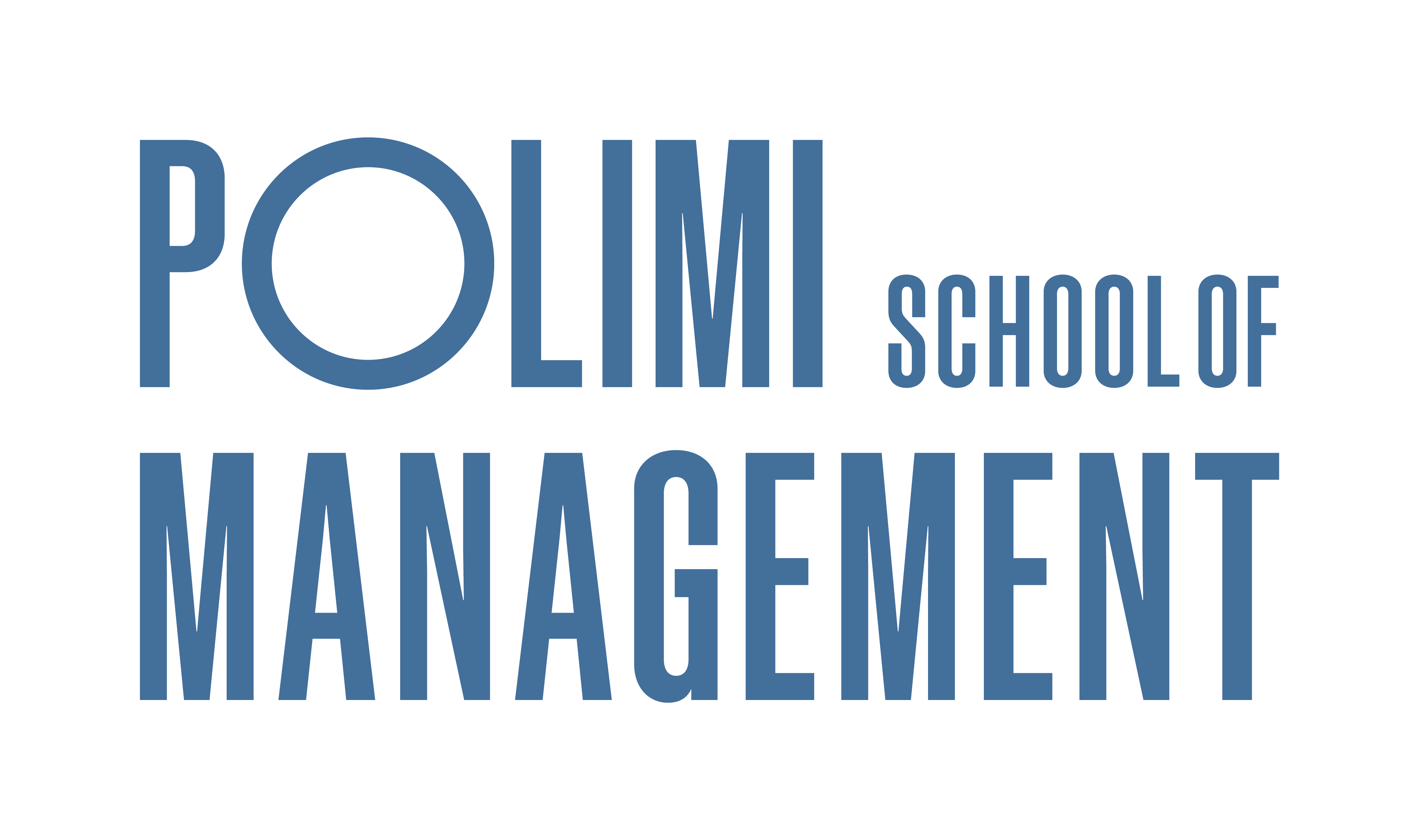






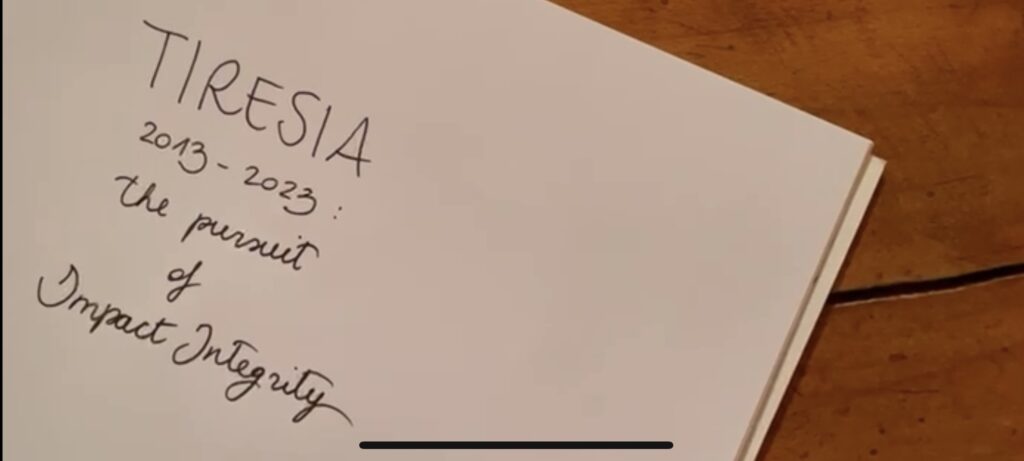
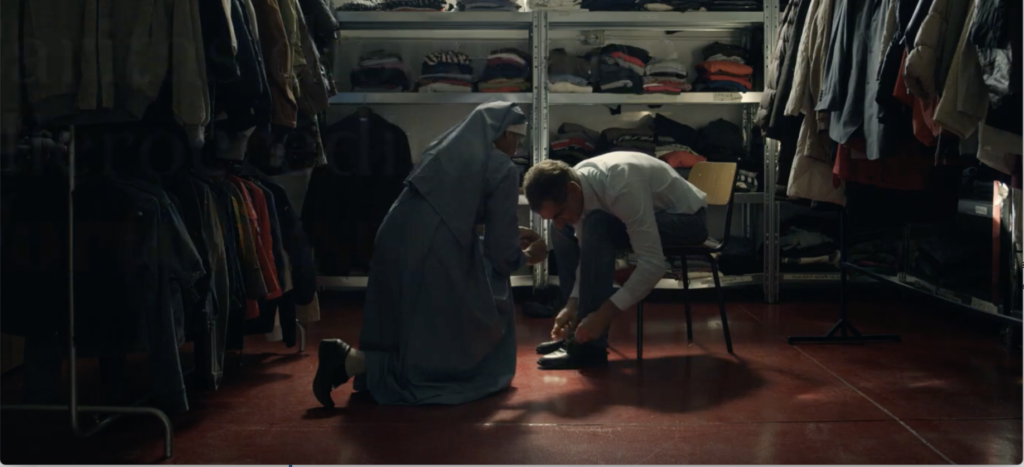




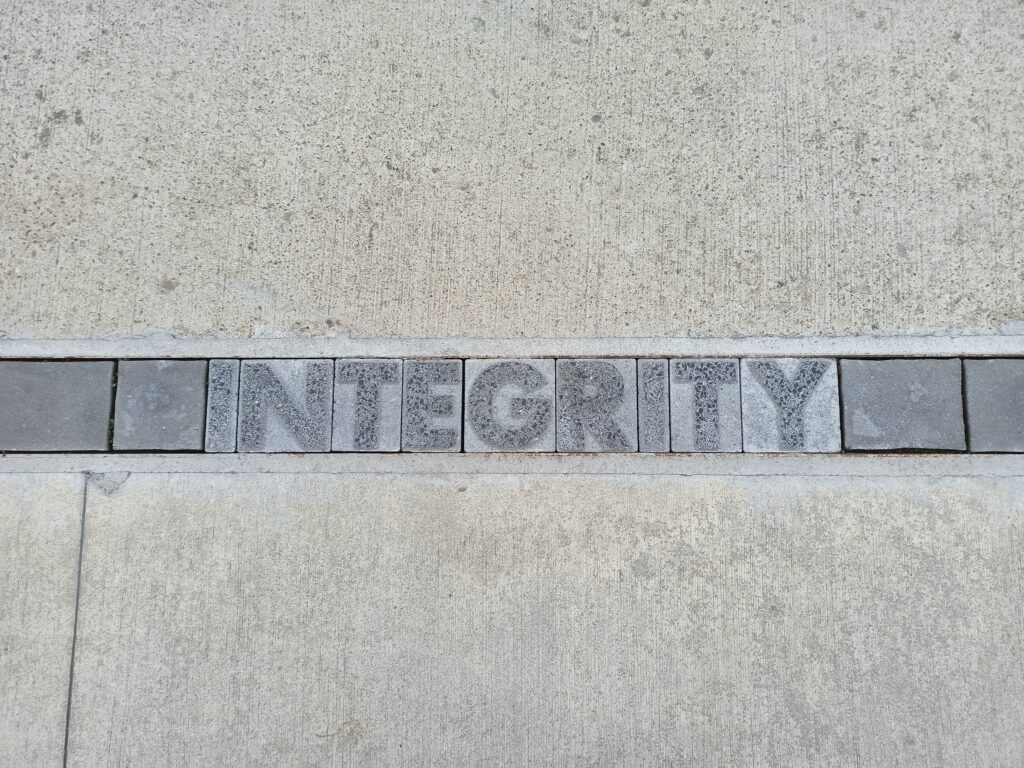
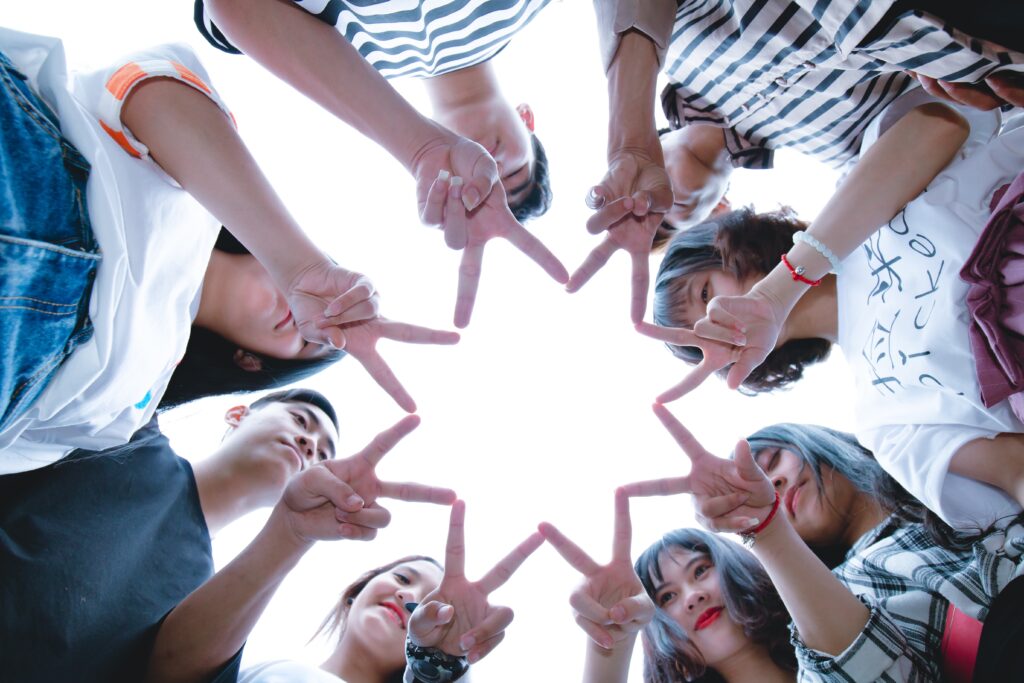
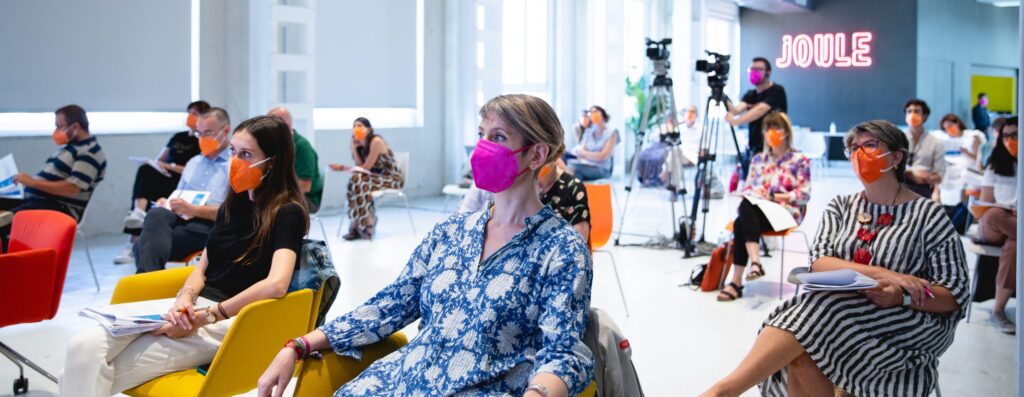








![I.BENGO, V.CHIODO and V.TOSI (2020). In book: Entrepreneurship [Working Title] DOI:10.5772/intechopen.94441 ;](https://www.tiresia.polimi.it/wp-content/uploads/2021/10/Schermata-2021-10-16-alle-22.28.58-1024x640.png)

